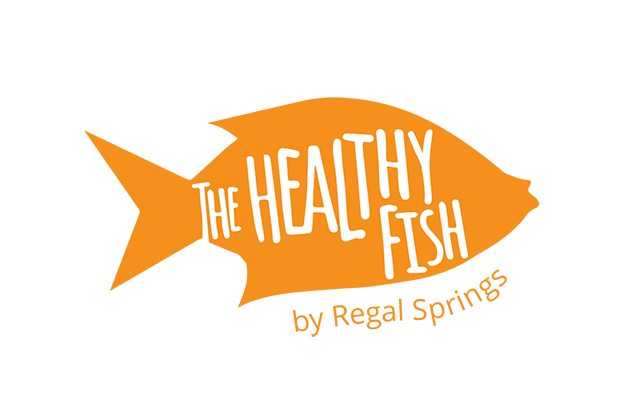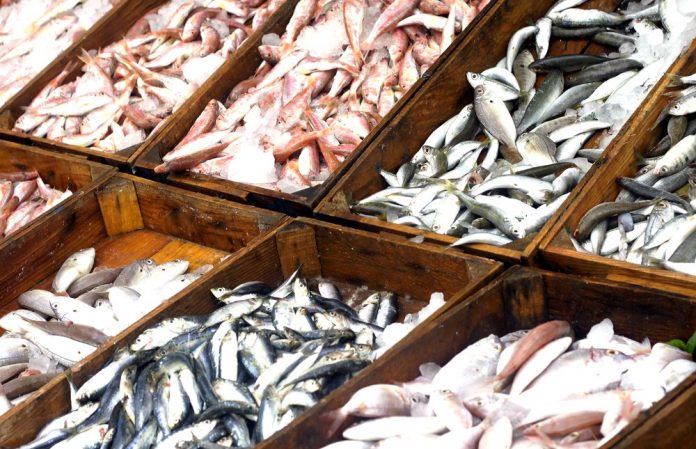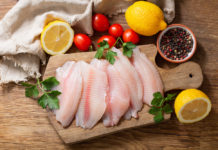While there’s nothing better than a delicious fish dinner, shopping for fish at the supermarket can be confusing. It can seem like you’re constantly scanning the labels for information such as the country of origin, checking to see whether the fish is wild or farmed, and searching for other important facts about the seafood you’re looking at.
That’s why we recommend asking your local fishmonger about your fish before buying it. They’re the best source of up-to-date information about the seafood that’s being sold. We’ve put together a cheat sheet of questions you should be asking your fishmonger to ensure you’re getting the best possible fish for your buck.
What Country is it From?
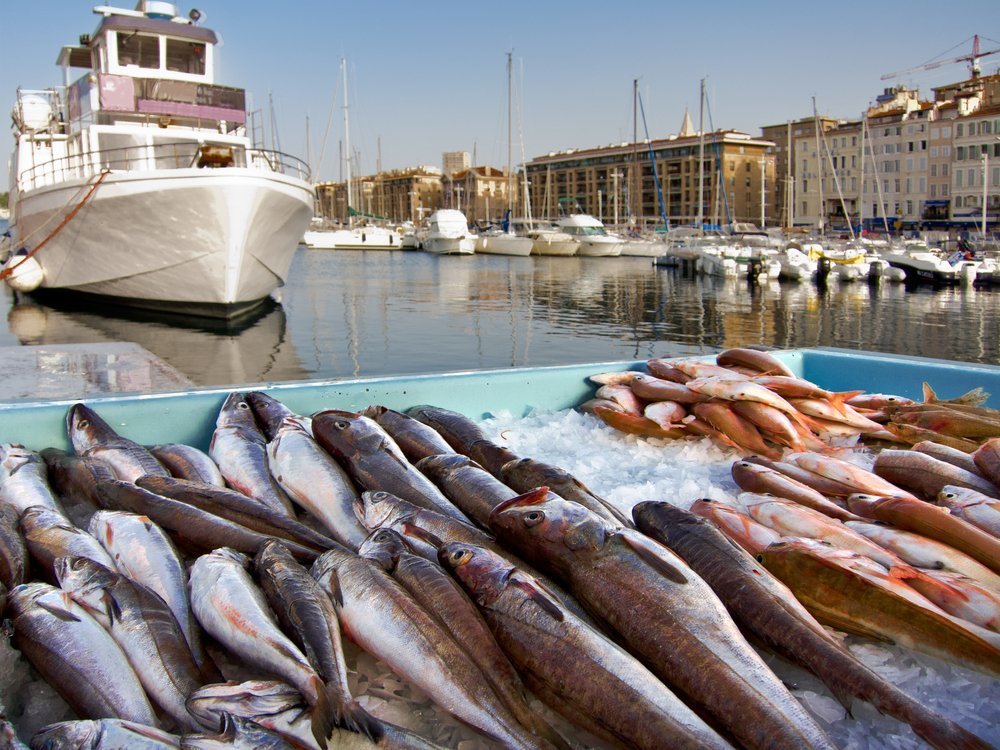
Some countries like China, Thailand and Vietnam have different fish-raising standards than countries such as the United States, Canada or Honduras. Asking your fishmonger about the country of origin of your fish will help you ensure you’re getting a fish that has been raised sustainably and to a high standard.
Is the Fish Farmed or Wild?

If the fish is wild, you’ll want to be sure it’s a type of fish that isn’t endangered or threatened. Atlantic halibut, certain types of cod and haddock and blue fin tuna are all species that are at risk of being overfished. They should be avoided as they are unsustainable options.
Does This Fish Come From a Certified Sustainable Supplier?
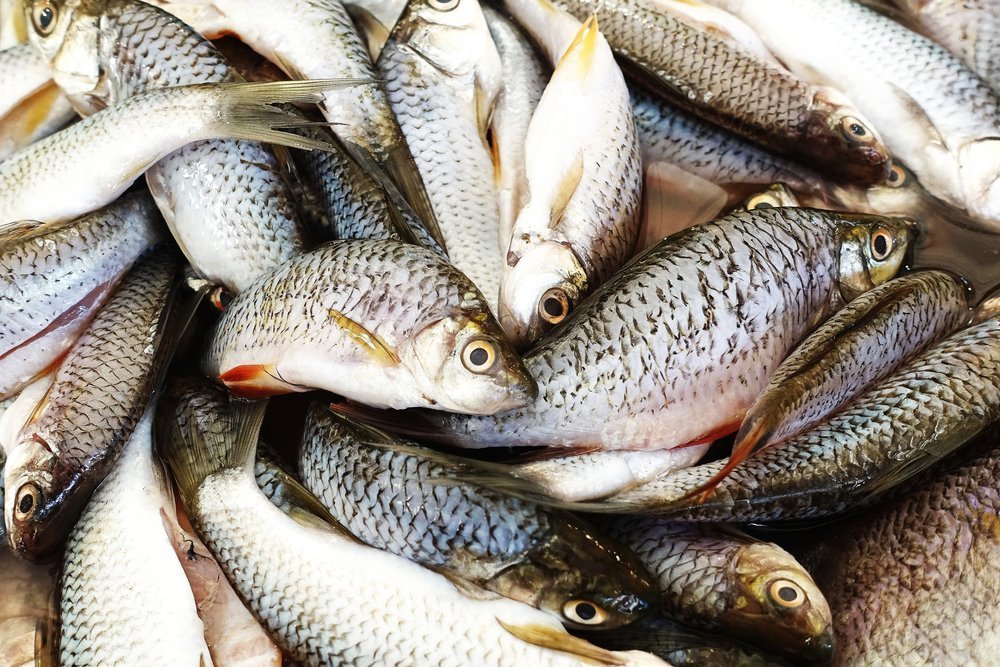
While there are plenty of different fish farms and suppliers in North America and the world, not all of them raise or source their fish sustainably. If your fishmonger tells you that your fish is from a producer that is certified by organizations such as Ocean Wise or the Aquaculture Stewardship Council, that’s a good sign that your fish is a sustainable choice.
Is the Fish Fresh, Never Frozen?

If your fishmonger says that the fish at the counter has previously been frozen, you’re better off going to the freezer section of the grocery store and buying frozen seafood at a lower cost. There’s nothing inherently wrong with frozen fish—in fact, it can be your freshest option if it was flash frozen when it was caught. But if it used to be frozen and you’re planning to freeze it again, that can have an impact on quality.
What’s in Season?

Produce isn’t the only type of food that is seasonal. Certain fish are in abundance during certain times of the year, making them a more sustainable and healthy choice than fish that are out of season. Many fish can be substituted for each other in a recipe, so if your fishmonger offers you a fish that’s in season that you’ve never cooked before, ask him if it works well in place of another fish you’re familiar with.
The next time you’re out shopping for fish, be sure to strike up a conversation with your fishmonger and ask a few questions. He or she will be happy to share knowledge with you and you’ll leave satisfied, knowing you are informed about the fish you’ve purchased.
Image credits: ZoneFatal / Shutterstock.com; Artens / Shutterstock.com; MongPro / Shutterstock.com; racorn / Shutterstock.com
